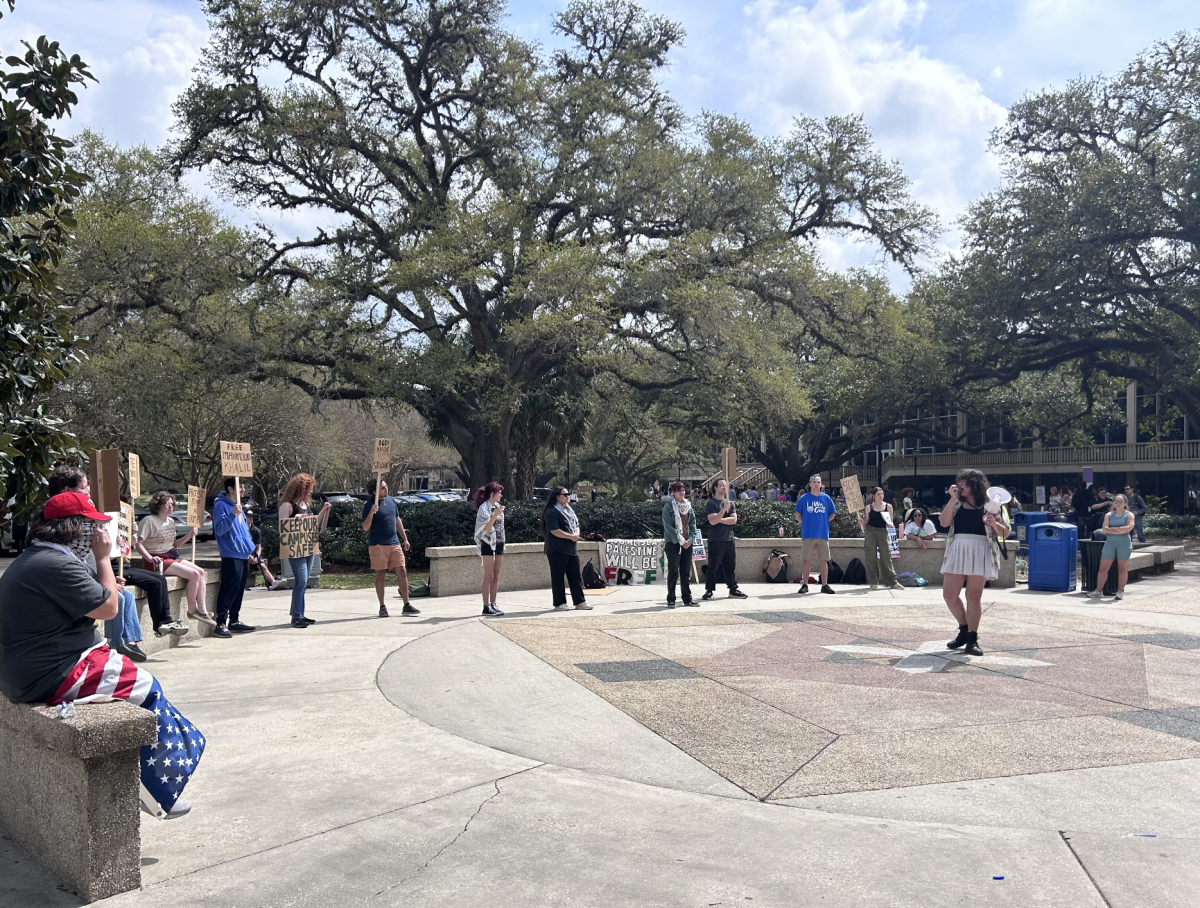With midterms fast approaching, students on campus are readying to face those dreaded subjects that never made sense during class. The hours spent cramming in the library are only going up, and students are putting in more hours than they have up till now. However, such study habits may not necessarily spell success. There is a large gap between the right way to study, and what one may think is the right way. Lori Marie Petrovich, senior lecturer in chemistry and coordinator of the general chemistry laboratories at NCSU, advises students on studying, and busts some myths in the process.
Myth 1: The class notes will be available to study later, so paying attention in class means listening intently to the teacher.
Reality: It’s advised to take notes in class. Merely listening in class is not as effective as writing down keywords and points during the lecture. You are more likely to remember them during review. Use different colored pens: blue for in class points, black for notes from lecture slides and teacher’s notes and red for additional information from reference books.
Myth 2: If you don’t understand a concept, leave it. Go ahead with the next topic.
Reality: Studying a bit each day and fully understanding all homework questions is important. If you don’t follow a concept, pursue it. Material tends to pile up at a later stage, and you may not be able to recall what that one piece was that you did not follow up with. Ideas are often interconnected in the course.
Myth 3: Group study is the quickest way to learn.
Reality: Group study is a very efficient way to gather information as long as you can generate the same independently. While studying in a group, you may think you understood a derivation, or a problem technique. But, during a test, you find yourself unable to arrive at the solution. This is the reason why some students get a 90 on their homework and yet get low marks on the test.
Myth 4: If there are four textbooks listed for a course, read them all.
Reality: We live in an information age, and there is an overwhelming amount of material available. Students should use their instructors and their notes as a guide. The class syllabus will help keep you within the framework of what you are expected to know. Textbooks must strictly be a supplement to these notes. You can go ahead and explore more detailed information in these, but the moment you enter an unfamiliar territory, you should know to stop. Today, students participate in many extra-curricular activities. Some even have part-time jobs. They look for efficiency. Studying all hours, and being a bookworm does not help. Study smarter, not more.
Myth 5: Pick a subject and pursue it until you are done studying. Then, move on to the next subject and repeat the process.
Reality: One must always rotate subjects while studying. Study a subject for 45 minutes while paying full attention and within your cone of silence. Then take a 15 minute break to refresh before resuming your studies. If you are taking both science and humanities, switch between the two so that you don’t get bored. Study chapters in small parts.
Myth 6: If you haven’t performed well on the first test, it means you need to slog. Work hard, and study all the topics.
Reality: Everyone takes up the first test blindfolded. It’s what you do after this that decides your success on the next. After the first test, sit down and dissect the question paper. Try to analyze where the questions are coming from. They may be coming from the lecture notes, footnotes in the text, or exercise questions after a chapter. When you gain this predictive power, you can target your study for the next test.
Myth 7: You learn better if you study late into the night, and whenever you study, stick to your study table.
Reality: Students have to identify the kind of study environment that works for them. A study environment is the time of the day and the place that suits them. Some students study best during the day and some into the night, while others learn better early in the morning. Identify what works for you. Also, change your study environment if you tend to get bored of a particular place.



